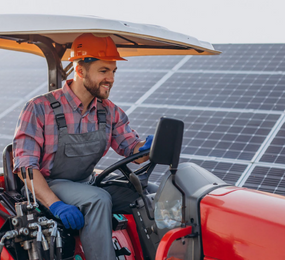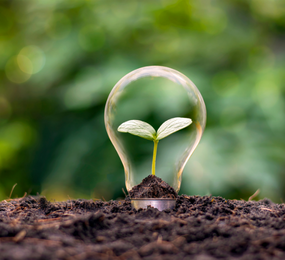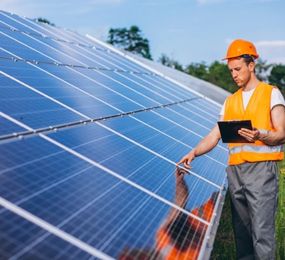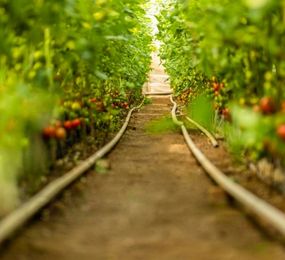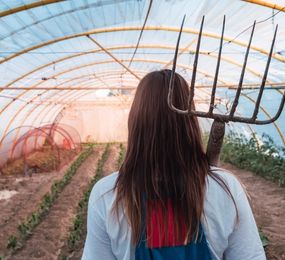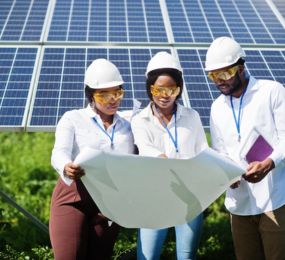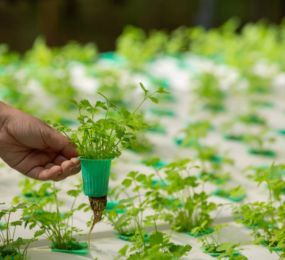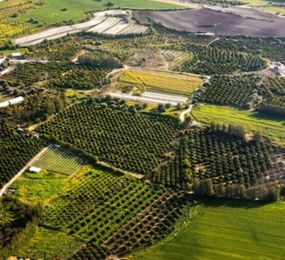AgriVoltaics, the marriage of solar energy and agriculture, holds immense promise. However, an important question remains: how does the shade cast by solar panels affect crop productivity? The answer, like nature itself, is complex and nuanced.
Understanding the Sun-Shade Spectrum:
-
Light-Loving Crops: Full-sun crops like corn or sunflowers may experience reduced yields under significant shade. Careful planning with row spacing and panel orientation is crucial to ensure adequate sunlight reaches these crops.
-
Shade-Tolerant Crops: Leafy greens and certain vegetables, such as lettuce or spinach, can actually benefit from the partial shade provided by solar panels. This can lead to improved quality and potentially even higher yields by mitigating heat stress in hotter climates.
Optimizing for Success:
-
Strategic Panel Placement: Research and planning are key. Analyzing sunlight patterns and strategically placing solar panels can maximize light availability for light-loving crops while providing beneficial shade for shade-tolerant ones.
-
Data-Driven Decisions: Integrating smart technologies and data analytics into AgriVoltaics projects allows for real-time monitoring of crop health and soil conditions. This data can inform decisions about irrigation, fertilization, and crop selection for optimal performance under solar panels.
Beyond Yield: A Holistic View
-
Improved Water Management: Studies suggest that the shade from solar panels can reduce water evaporation from the soil. This is particularly beneficial in regions facing water scarcity, allowing farmers to optimize water use and potentially increase overall agricultural productivity.
-
Microclimate Benefits: AgriVoltaics systems can create a cooler microclimate under the panels, reducing heat stress on certain crops and potentially mitigating the negative impacts of rising temperatures due to climate change.
Cultivating Knowledge at AgriVoltaics Europe
The 3rd Annual AgriVoltaics Europe, taking place on November 6-7, 2024, in Vienna, Austria, will be a platform to delve deeper into these complexities. Researchers, farmers, and industry experts will share their experiences, discuss best practices for optimizing crop selection and panel placement, and explore innovative solutions to maximize both energy production and agricultural productivity within AgriVoltaics systems.
By fostering knowledge sharing and research, we can unlock the full potential of AgriVoltaics. This will allow us to create a future where clean energy and bountiful harvests coexist, ensuring a more sustainable and food-secure world for all.
To register or learn more about the Forum please check here:http://bit.ly/3kR0v2R.
For more information and group participation, contact us: [email protected]


